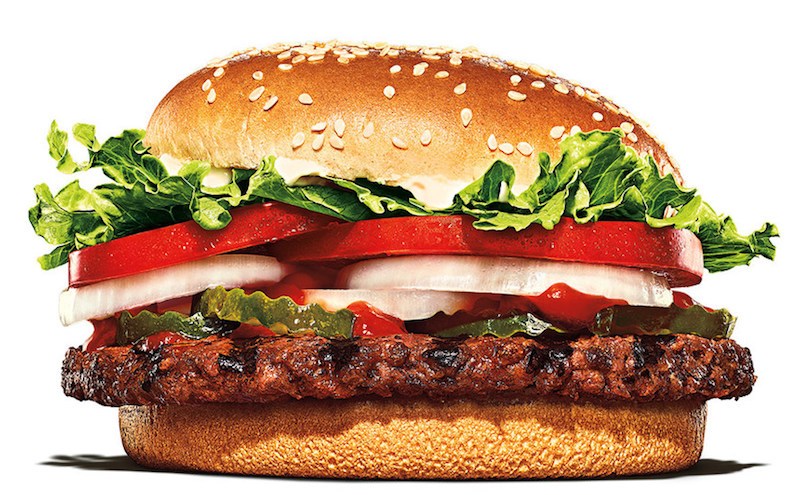Restaurants in Burnaby may never fully recover from the damage wrought by COVID-19.
Between periodic closures due to pandemic restrictions and the reluctance of some people to return to eating out, food sales are way down.
But there are signs of recovery, including one of the biggest companies operating restaurants in Burnaby.
Restaurant Brands International Inc. is the company behind Tim Hortons, Burger King and Popeyes in Burnaby. Popeyes is the latest restaurant the company has built in the city.
Restaurant Brands reported earlier this week that its third-quarter profit rose compared with a year ago and its revenue had climbed more than 10 per cent – a promising sign but still well behind pre-pandemic numbers.
Restaurant Brands, which keeps its books in U.S. dollars, said it earned US$221 million in net income attributable to common shareholders or 70 cents per share for the quarter ended Sept. 30, up from US$145 million or 47 cents per share a year earlier.
The increase came as comparable sales rose 8.9 per cent at Tim Hortons and 7.9 per cent at Burger King. Popeyes saw a drop in comparable sales of 2.4 per cent.
The company reported that its Tim Hortons outlets are struggling with a lack of foot traffic from workers — many of whom are coveted "high frequency customers" that buy food and drinks multiple times a day.
But a different story is unfolding at rural and suburban locations, where restaurants are bustling and drive-thrus busy, even as labour shortages make hiring a challenge.
"There's a clear, concentrated drag from urban and super urban locations in our business," said José Cil, chief executive of Restaurant Brands.
Despite strong momentum early in the summer, he said rising COVID-19 cases tied to the Delta variant and renewed public health measures paused reopening plans and slowed the restaurant's recovery.
"Downtown Toronto, as an example, is still not back to work," Cil told analysts during a conference call. "Many of the large employers have pushed back returns to (the) office to sometime in 2022."
The dichotomy between sales performance at different locations underscores the uneven recovery as consumer habits continue to be shaped by the pandemic. Tim Hortons is also grappling with labour shortages, supply chain disruptions and rising costs — issues plaguing the restaurant industry across the country.
Many locations are offering recruitment bonuses for existing employees who recommend a friend to join the company, while others have launched new hire bonuses that provide an incentive for new workers after a certain period of time, he said.
"I know there are a lot of restaurant owners that are paying in excess of minimum wage," Fulton added in an interview. "All those efforts are in response to the competitive landscape out there."
As for menu price increases, he said adjustments are made "very carefully and very thoughtfully" to keep up with inflation.
But Fulton said Tim Hortons is focused on staying competitive, and is insulated from some of the higher commodity prices and supply chain issues due to its scale and long-standing relationships.
"We are fortunate to have very large scale in the purchases that we make, so it gives us the ability to lock-in favourable prices," he said. "We also have a sophisticated supply chain team that has long-standing, multi-decade relationships with both suppliers and transportation providers."
- With reporting by the Canadian Press



